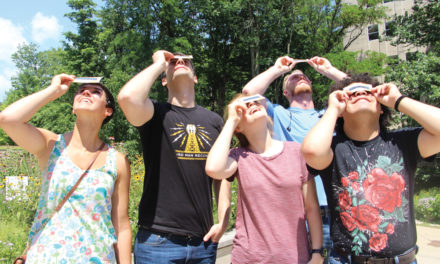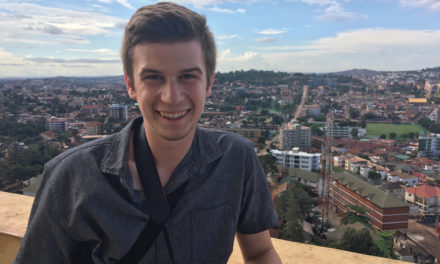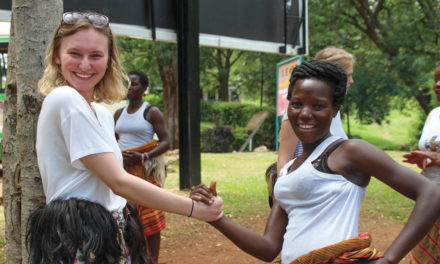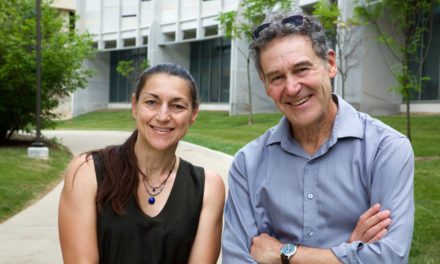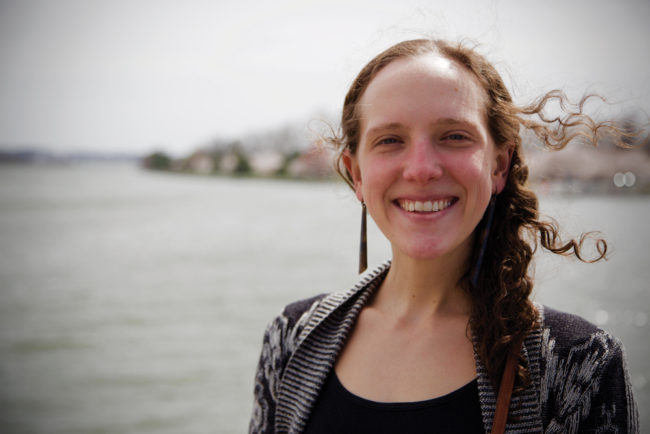
by CARMEN SIERING
Eleanor Krause is a Ph.D. candidate at Harvard University studying public policy. Among her research interests is the economics of place—how our communities and culture influence the way we engage with the world.
Krause, the daughter of real estate appraiser Anne Hurley and photography educator Jim Krause, grew up in Bloomington, attended Bloomington High School South, and, most importantly, it seems, spent her summers at Camp Palowopec in Brown County.
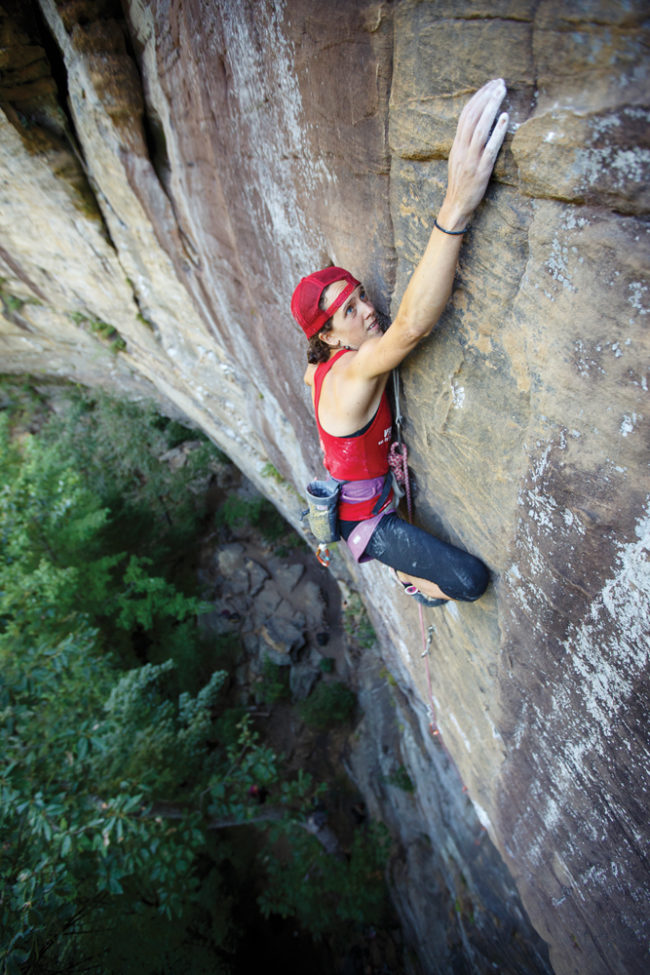
“It shaped my love of the outdoors,” Krause, 30, says. “Half of my friends to this day are from that camp. There’s a bumper sticker that reads, ‘Camp Changes Lives,’ which is absolutely true, at least for me.”
Campers take adventure trips to places like the Red River Gorge, where Krause discovered her love of rock climbing.
“I grew up climbing in Eastern Kentucky,” Krause says. It was there that another bumper sticker caught her eye. That one reads “Friends of Coal.”
As an undergraduate, Krause studied environmental studies and political science at the University of Vermont. During one class, students turned a discussion on coal mining into a single “ban coal” argument—one she couldn’t support. “I thought, ‘That’s not fair. It’s the only work they have,’” she says. “That got me more interested in income inequality and the economics of place.”
After graduating from the University of Vermont in 2012, Krause returned to Kentucky, living in a tent, working at a local pizza place, and rock climbing while looking for a real job.
As it turns out, finding a job was difficult with an undergraduate degree. After two years, she began graduate studies at the University of Washington, receiving an M.P.A. in 2016. Two years later she started her doctoral work at Harvard.
Krause says part of her research focuses on a piece of the economic puzzle she feels other economists have ignored.
“I’m trying to write a model which incorporates attachment to place as a cost to mobility,” she explains. “So even if you’ve lost your job, there is a location-specific tie that makes it costly for you to move.”
With about three more years at Harvard, Krause plans to stay in academia after she receives her doctorate.
“If the University of Kentucky would hire me, I would move there in a heartbeat,” she says. “I love it there.”


